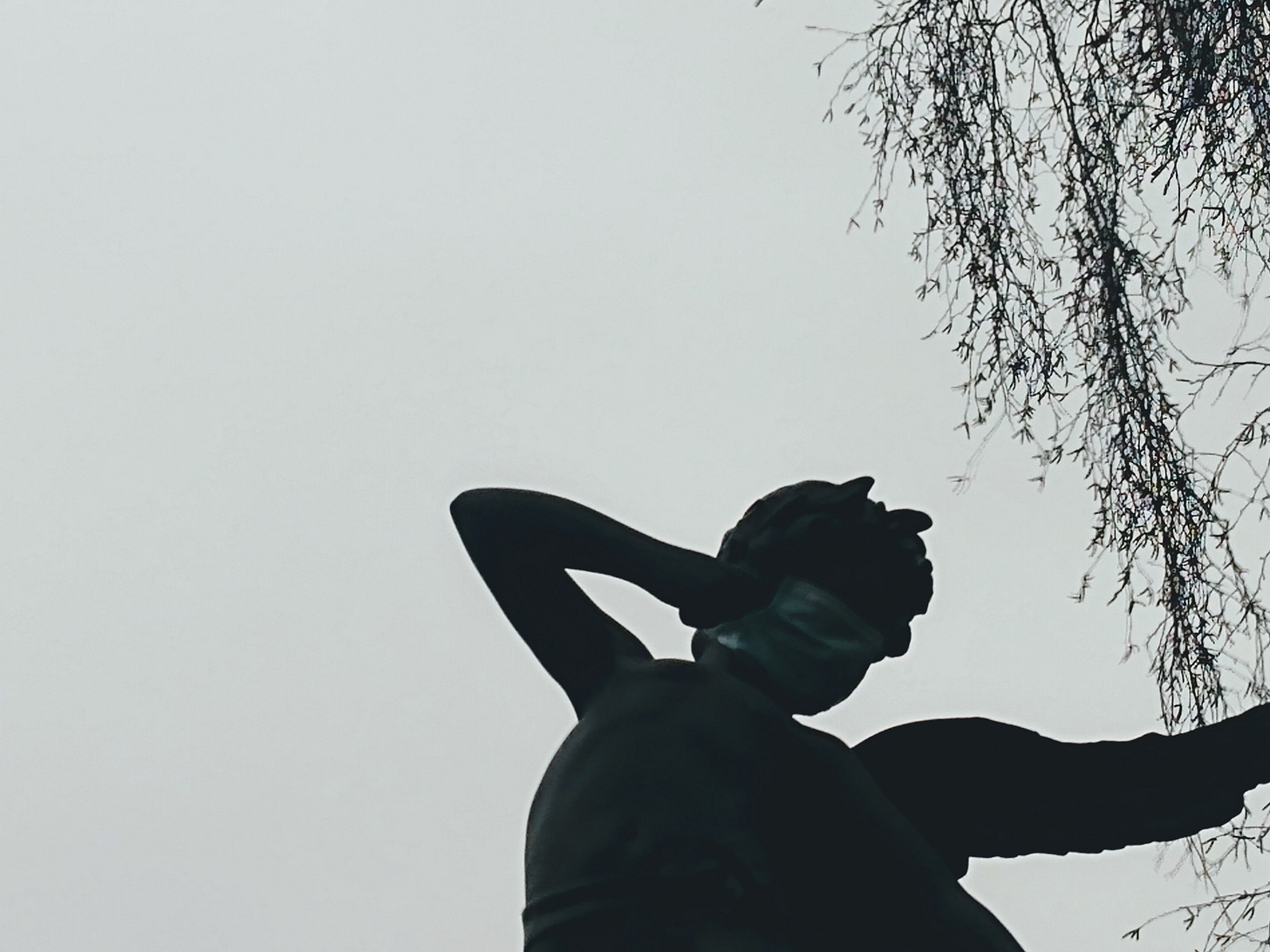"Acrylic Paints, Acoustic Guitar Strings, A New Bicycle Seat" Edition
Hello,
I am in England, for the first time since August 2019. Sadly, for obvious reasons, I spent most of the week indoors.
Looking across beautiful, inaccessible English fields, I was rather too self-pitying. Walking and running are my favourite activities for clearing my head, so it seemed like living opposite a pub while on a lengthy course of antibiotics.
Still, a lot of old and disabled people are in this position all the time. They do not even have the prospect of future travels. So, I wrestled with my maudlin instincts and tried to appreciate the sunshine, and the birdsong, and the view.
Having passed a COVID test - and how nice it is to pass a test without having to study - I am now able to walk. As trite as it sounds, there is nothing quite like the English countryside - not to mention being in the English countryside in good company.
Obligatory shilling. In the last two weeks I wrote for my paying Substack subscribers about bad poetry and perverse attempts to create simulations of the dead.
The swarm. Curtis Yarvin reflects at typically exhausting length on the merry hell that small time, very online traders have been playing with the stock market:
Perhaps this is the broad political-science lesson of GameStop: that although politics is the organization of mass human action, the alignment of mass action on the basis of sincere commitment is a phenomenon of the past, designed for the population of the past—a population that now seems unimaginably simple, sincere, and responsible.
But the gamification of mass action on the basis of ironic cohesion is the phenomenon of the future—designed for a population which is only becoming more sophisticated, cosmopolitan and frivolous.
As long as crises do not burst our bubbles, anyway.
Of course, irony and nihilism are cousins. Justin E.H. Smith considers this, and the concept of “swarming” :
There were plenty of speculative bubbles in the past, without social media, and they all eventually burst and drove stock prices back to a position closer to the company’s true value. The difference now is that the bubbles are occurring not due to error, but, at least in part, due to the power of lulz, and the metastasis of gaming to include virtually the entirety of our social life.
Large-scale collective action involves some level of thoughtlessness, boorishness and aggression by its very nature. Still, as entertaining as this phenomenon has been, Smith raises valid points about the social media melee as a destructive entity. However much one likes or dislikes its manifestations, it must be understood.
Look West. Ed West rightly argues that the problem with “woke” political activists is not their hostile manner as much as their untrue beliefs. Ed's book Small Men on the Wrong Side of History is being released in paperback with the new title Tory Boy. I reviewed it warmly here.
Cheems mindset. Jeremy Driver condemns defeatist commentators:
Time after time when a new suggestion to improve our Covid response is made, these types revert to scrambling for reasons why it just can’t be done.
Of course, there is nothing wrong with pointing out that X, Y or Z is difficult and complicated as your first word on the subject. But there is something wrong with pointing it out as your last.
The view. This story from Jonathon Van Maren's First Things profile of James Herriot is funny and telling when it comes to the often conflicted relationship between culture and economics:
Herriot was standing outside the barns, admiring the view. The farmer grumbled to him about how difficult it was to make a living, and Herriot responded: “Well, George, where else in the world do you get a view like that? That must be worth something.” The old fellow replied: “Aye, but the view’s not very sustainin’.”
The circus. With the family, I re-watched the original BBC version of Tinker, Tailor, Soldier, Spy. What a pleasure: slow, tense, comic and acutely observed. What a vivid picture, too, of Britain in decline: drab, stuffy and depressed. Old men bickering in the ruins of Empire.
Rule Britannia. Clive Hamilton writes on Britain's dependence on the Chinese state:
For years now, Chinese businesses have been quietly positioned at the heart of British infrastructure. Were a conflict to erupt, their employees could, willingly or otherwise, be mobilised by Beijing. In fact, they would be legally compelled to.
What could this mean in practice? To put it simply, if he were so inclined, President Xi Jinping could, at the flick of a button, turn off the lights at 10 Downing Street — not to mention freeze Britain’s financial system and paralyse its hospitals.
Of course, one hopes that Britain will never go to war with the Chinese. Still, that is no excuse for being dependent on them. I may wish to avoid conflict with an unfriendly neighbour but that does not mean I will invite him to rewire my home.
Have a lovely week,
Ben





